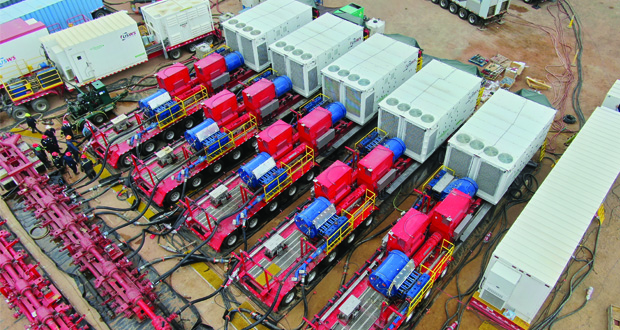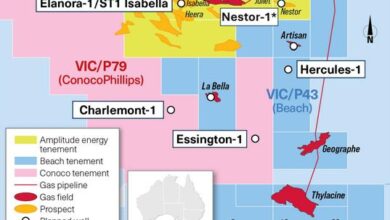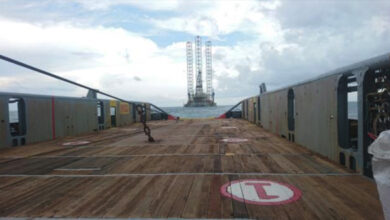GD Energy Products to provide 3,000-hp pumps to US Well Services for e-frac fleet

GD Energy Products (GDEP) has partnered with US Well Services (USWS) to supply 3,000-hp pumps for their Nyx Clean Fleet. In an exclusive contract, GDEP will supply pumps across four fleets for USWS. The pumps for USWS’ new fleets can be run at 3,000 hp, which maximizes efficiency by increasing the flow rate across a smaller number of units compared with conventional 2,500-hp fleets. This reduction in footprint on location plays an integral part in lowering hydraulic fracturing emissions.
The pump is designed for the Nyx Clean Fleet. GDEP will install two 3,000-hp pumps on one trailer, to make a total of 6,000 hp per trailer. Each 6,000-hp Nyx trailer will take the place of 2.5 conventional diesel units.
“We are excited to partner with GDEP to deliver the highest-quality pressure-pumping equipment available in our industry today. By using these custom-engineered pumps, we expect to improve the reliability and lifespan of our pumps while providing high efficiency for our customers and reducing total maintenance costs,” said Kyle O’Neill, USWS president and CEO.
“This will be a new deployment for e-frac applications offering an advanced power end design that extends pump service life. Many 2,500-hp pumps on the market today have a very short lifespan, which ultimately end up costing more money to run. Our custom design and features will exceed market expectations and lower the overall total cost of ownership,” said Matthew Nunez, Area Sales Manager at GDEP.




